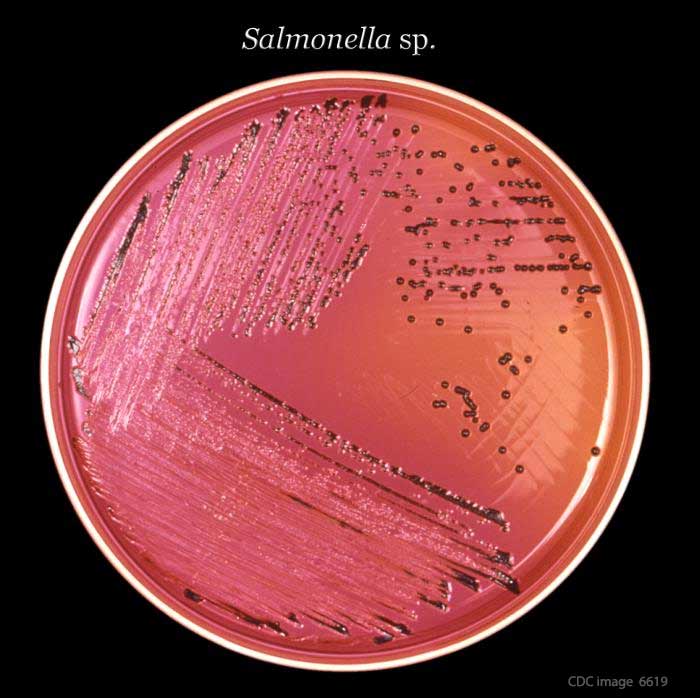Women are at a higher risk of contracting Salmonella food poisoning during pregnancy because of hormonal changes that suppress their immune system. The illness can cause preterm labor, miscarriage, or in rare cases stillbirth. If a pregnant woman is diagnosed with a Salmonella infection (salmonellosis), it is extremely important to discuss treatment and how to protect the unborn child from infection because it is possible for the little one to develop severe complications, including meningitis and sepsis. Contact our lawyers for a free consultation about a personal injury or wrongful death lawsuit and your right to sue for answers, compensation and justice.
What is Salmonella Poisoning?
Salmonella is a genus of aerobic gram-negative rod-shaped nonspore-forming usually motile bacteria of the family Enterobacteriaceae that grow well on artificial media and form acid and gas on many carbohydrates but not on lactose, sucrose, or salicin, that are pathogenic for humans and other warm-blooded animals, and that cause food poisoning, acute gastrointestinal inflammation, typhoid fever, and septicemia. The most common sources are raw eggs, undercooked poultry, and pets/farm animals (especially pet turtles, hamsters, and cats).
When a pregnant woman ingests Salmonella, they can travel through the womb to the placenta and sicken the unborn child. It is also possible for these bacteria to infect a newborn during delivery.
Complications
- Extended vomiting and diarrhea can lead to dehydration
- Severe dehydration can decrease blood flow through the placenta, causing fetal distress
- Gastrointestinal infections can be a risk factor for preterm delivery or low birth weight
- Miscarriage
- Stillbirth (rare)
For the newborn, the infection may cause severe illness or death. As stated above, some of the complications for these little ones include: meningitis, an infection of the lining of the brain and spinal cord; sepsis; and pancreatitis.
Food Poisoning Prevention
- Wash hands before and after preparing foods
- Sanitize kitchen surfaces and refrigerator shelves/drawers
- Keep uncooked food from coming into contact with cooked food
- Wash fruit, vegetables, and salad greens prior to eating
- Use pasteurized products
- Cook food thoroughly
- Keep pets out of the kitchen
- Wear protective gloves when handling litter boxes, “pooper scoopers”, or gardening (manure fertilizers may be present)
- Avoid breathing dust from cat litter boxes
- Store food at safe temperatures
You can call 1-888-377-8900 toll free or click here now to contact our Salmonella lawyers and get your free consultation. You may have a claim against a restaurant, food company and others.
